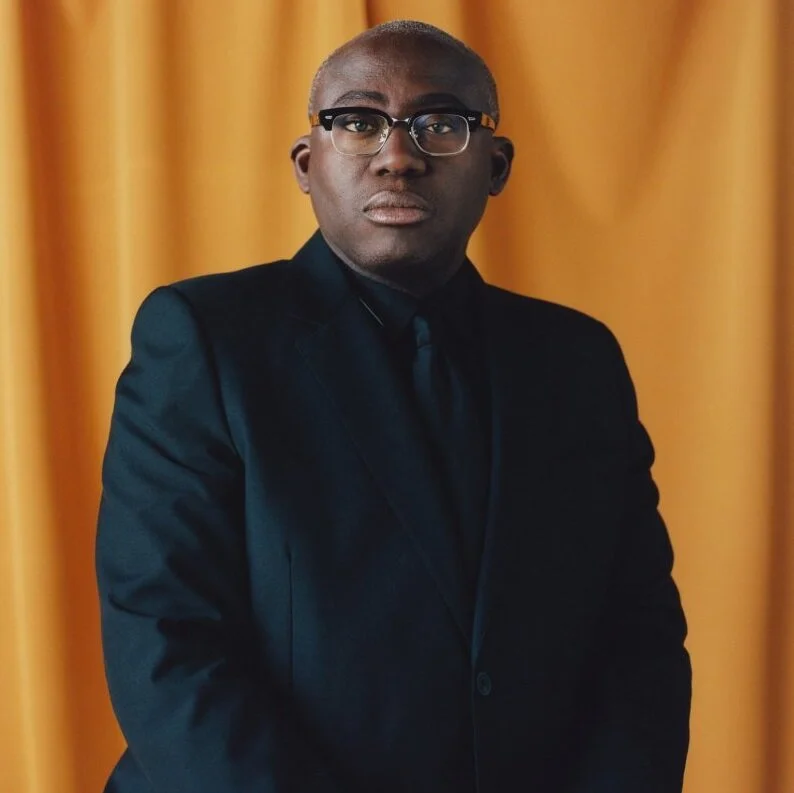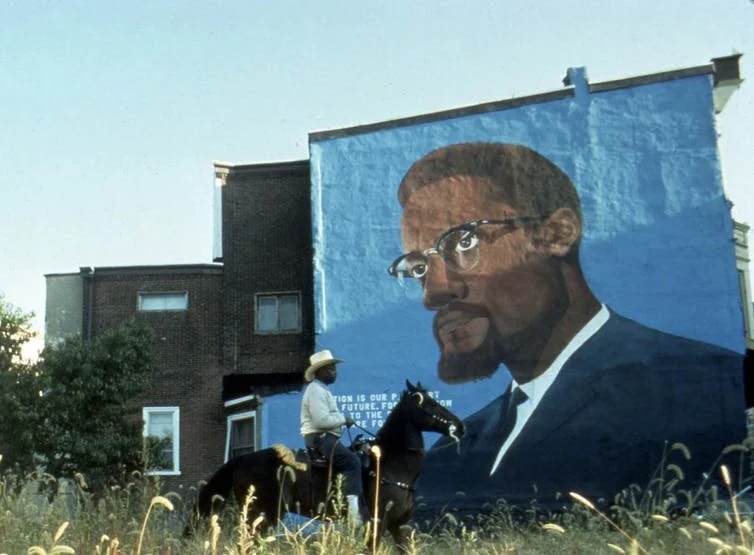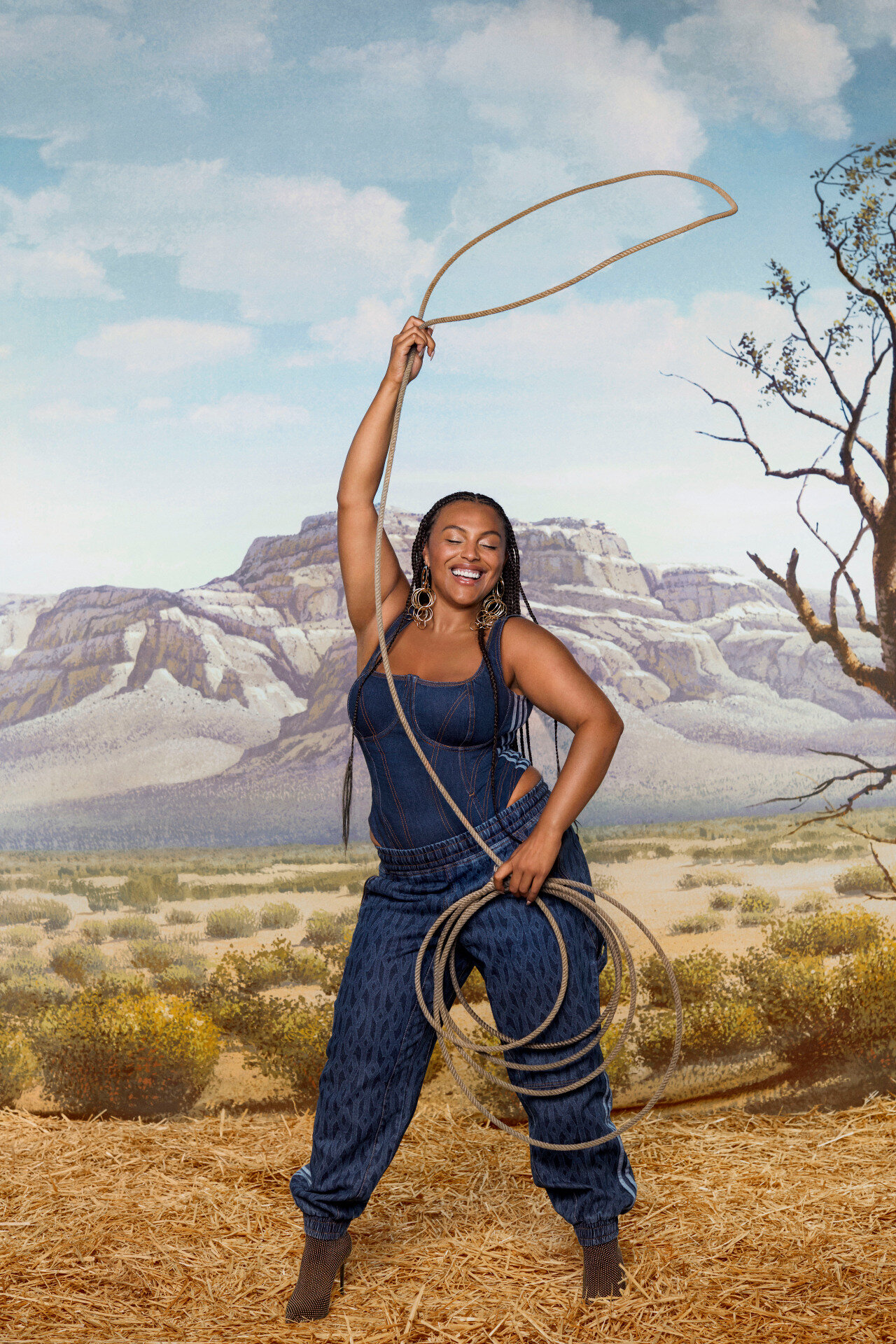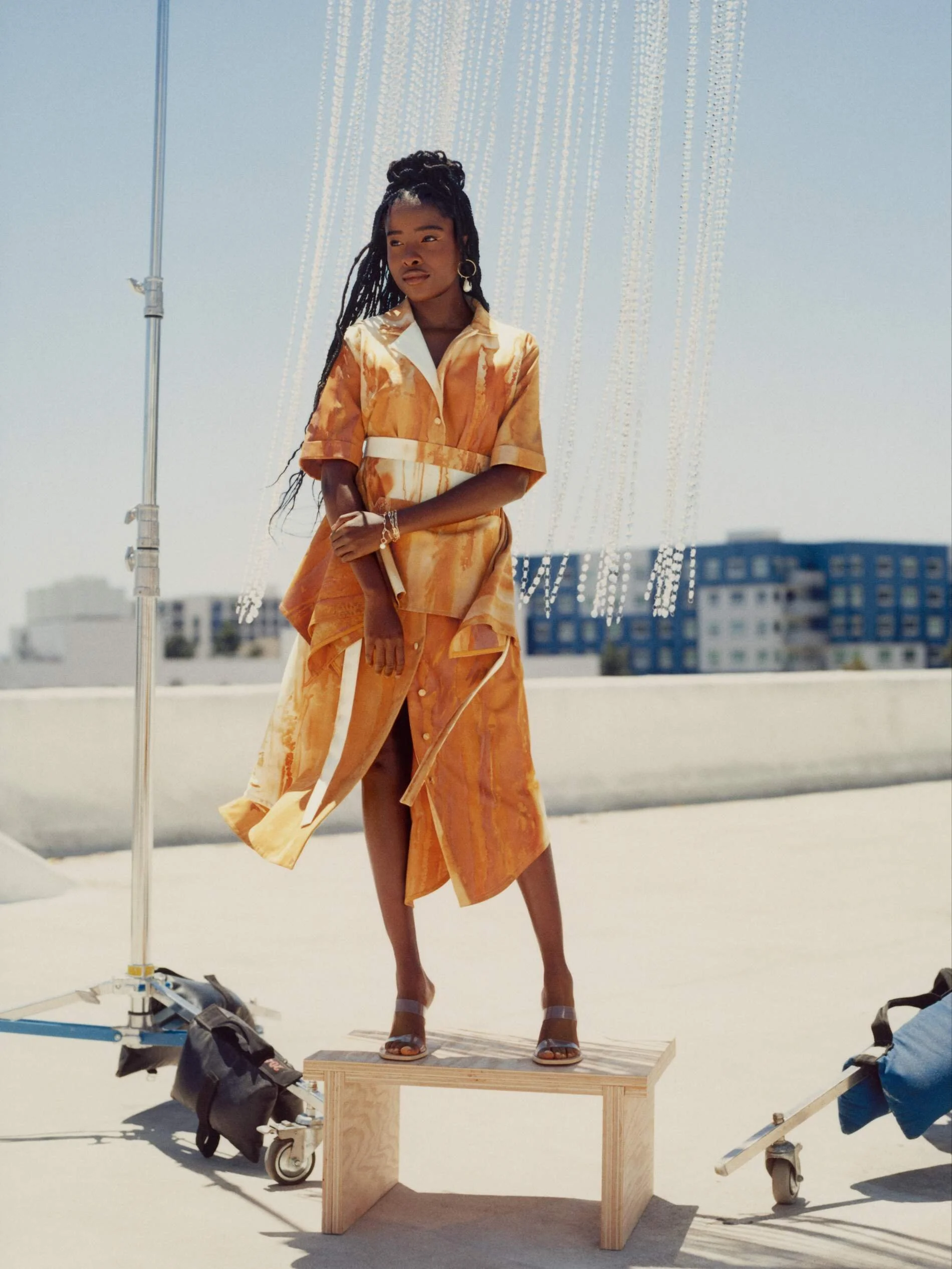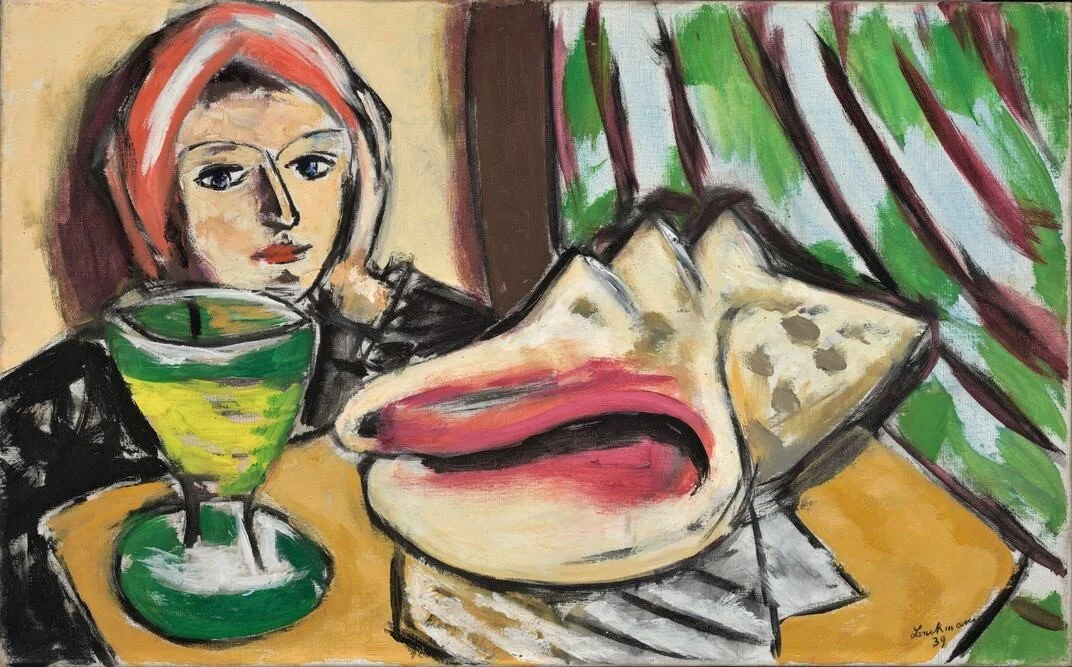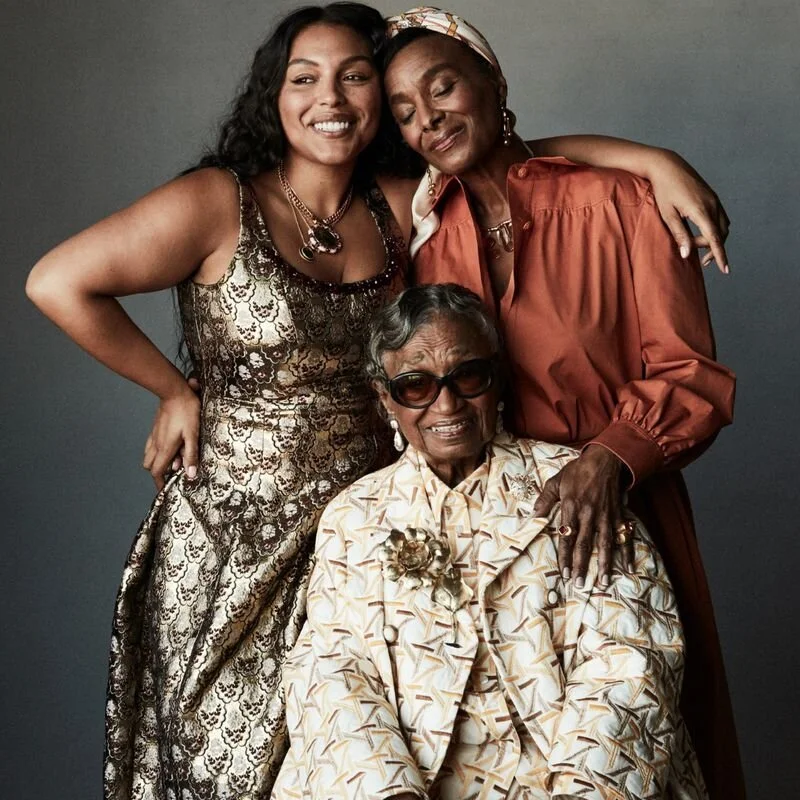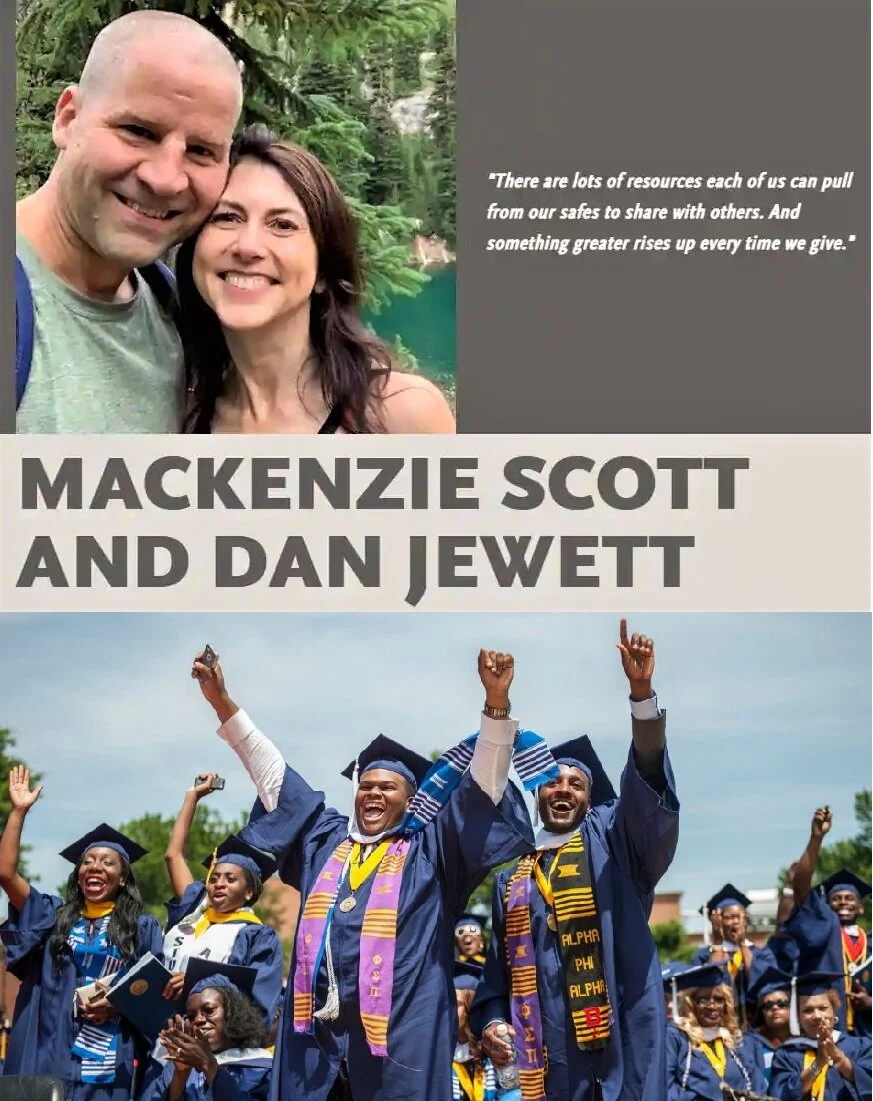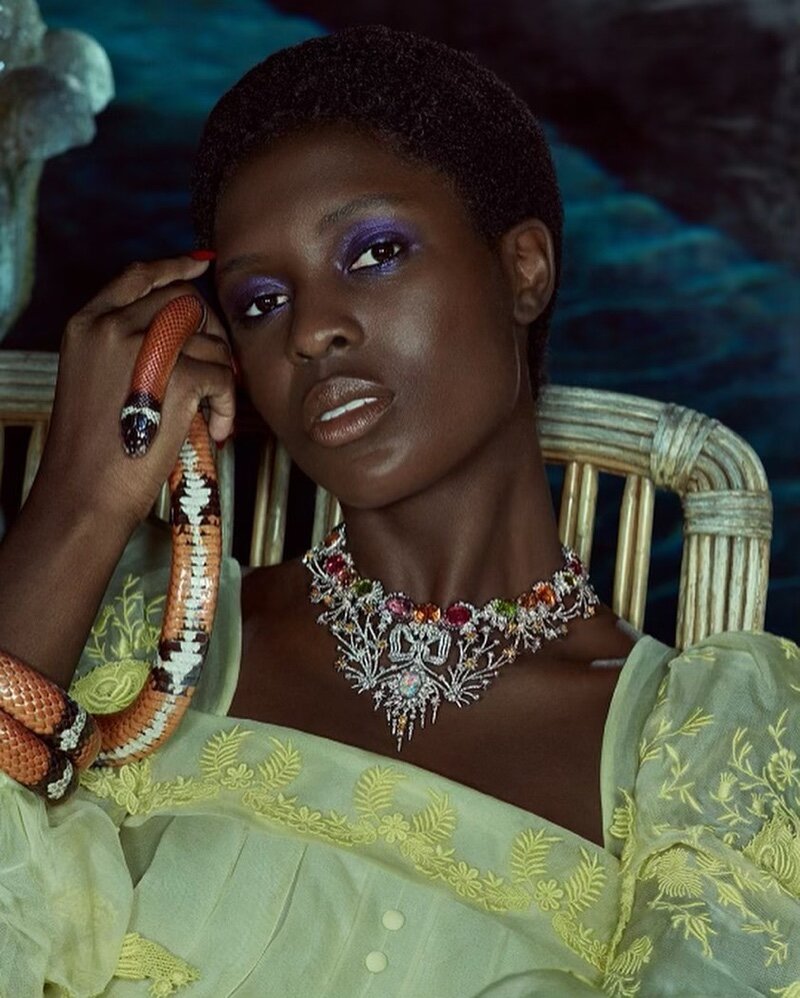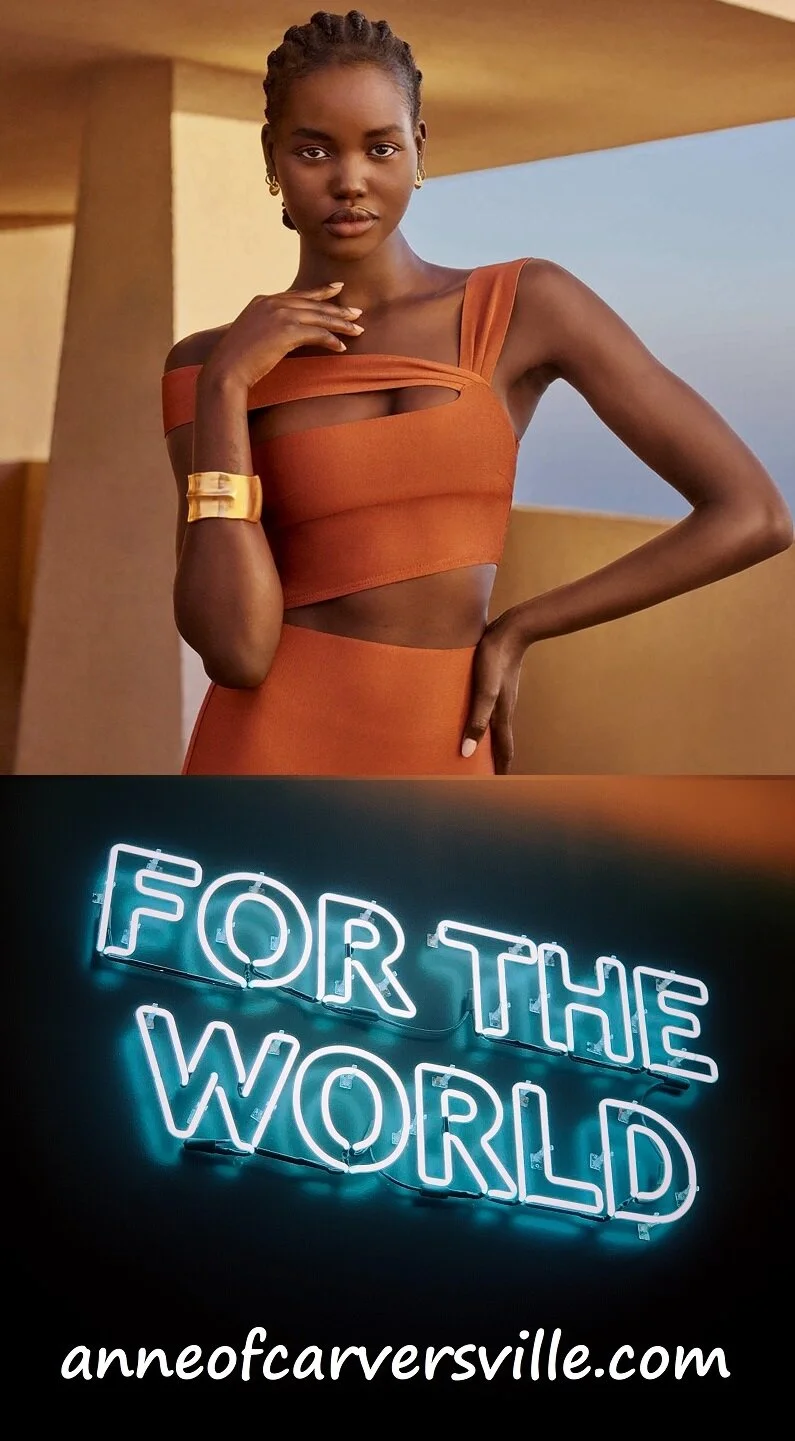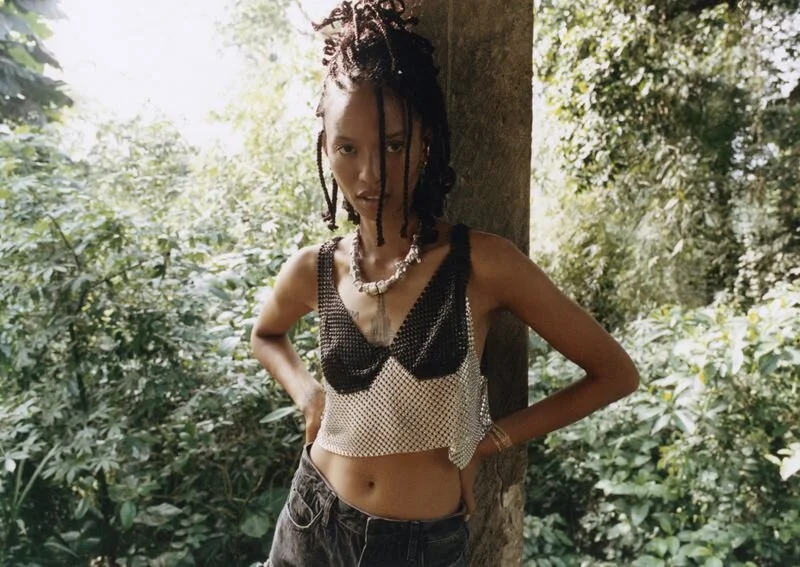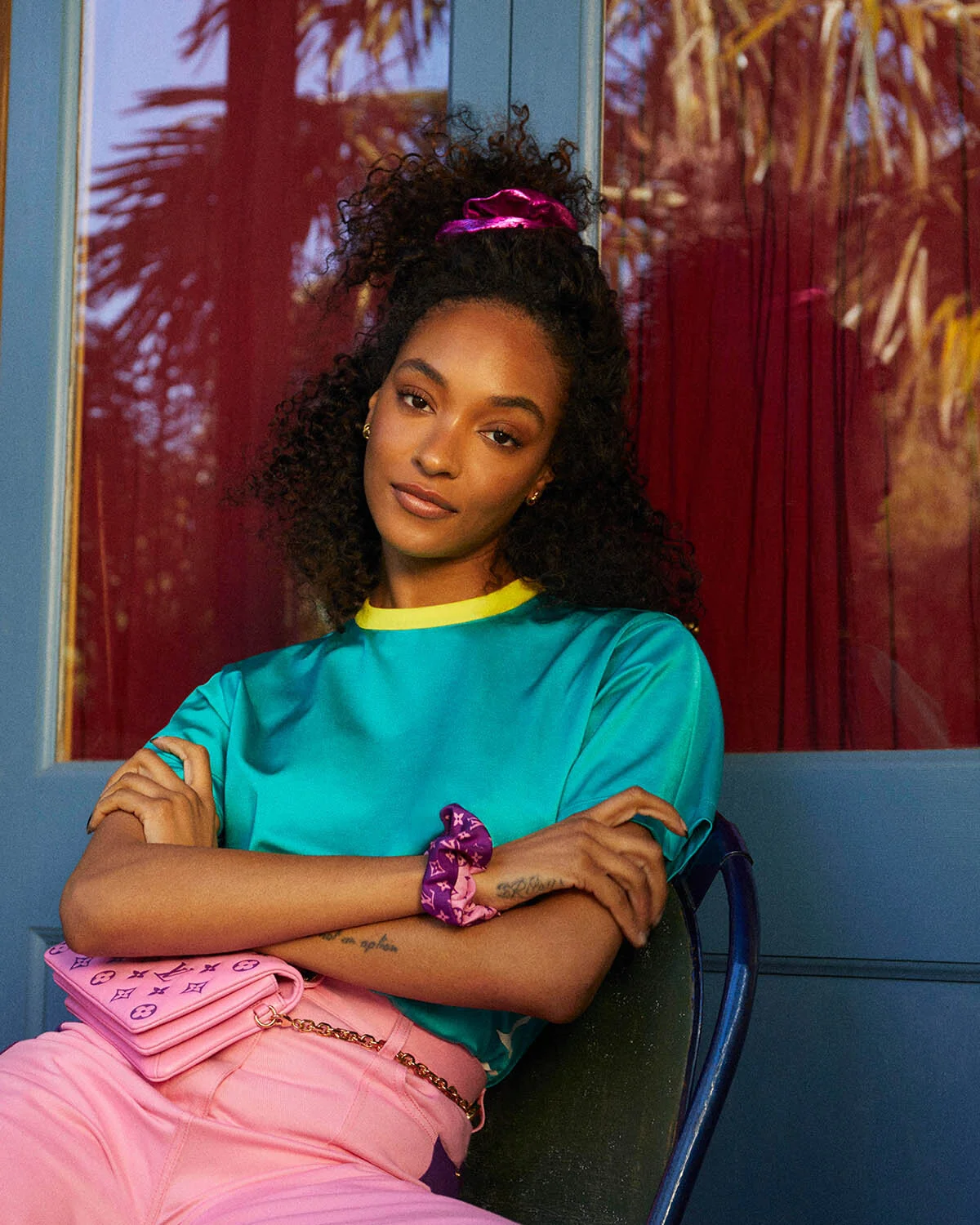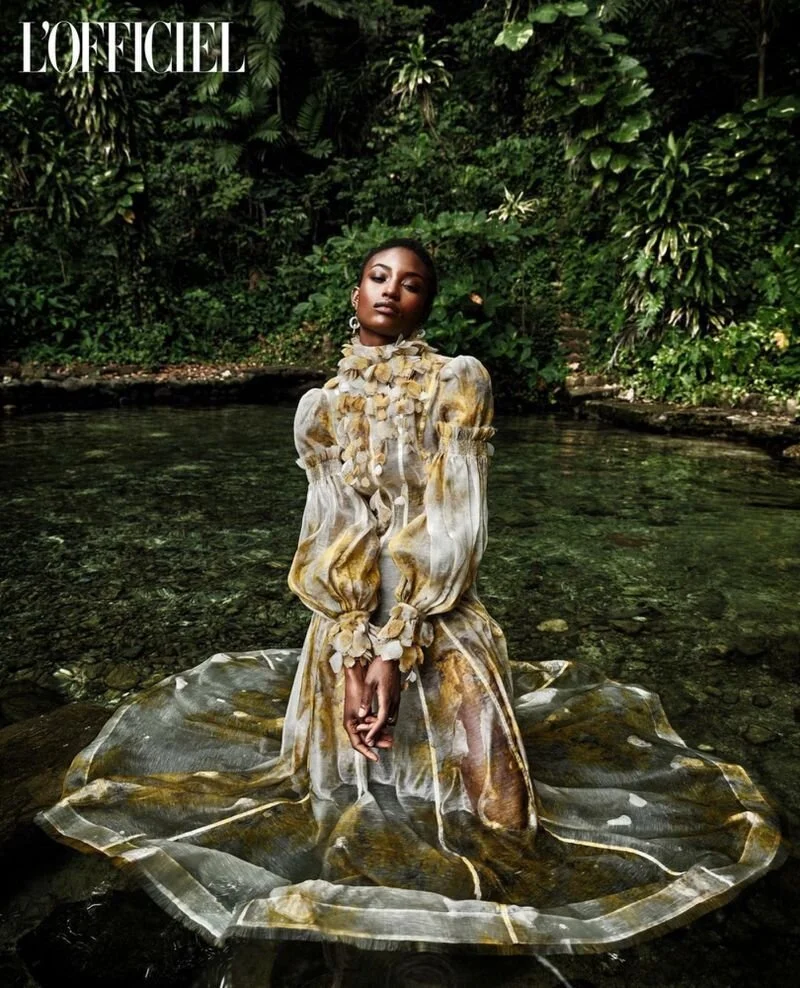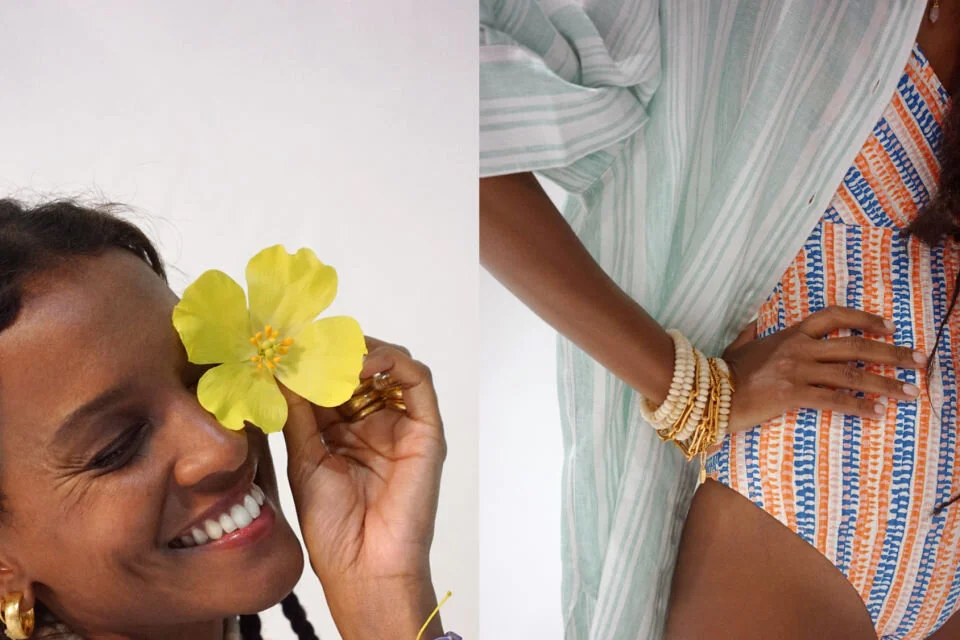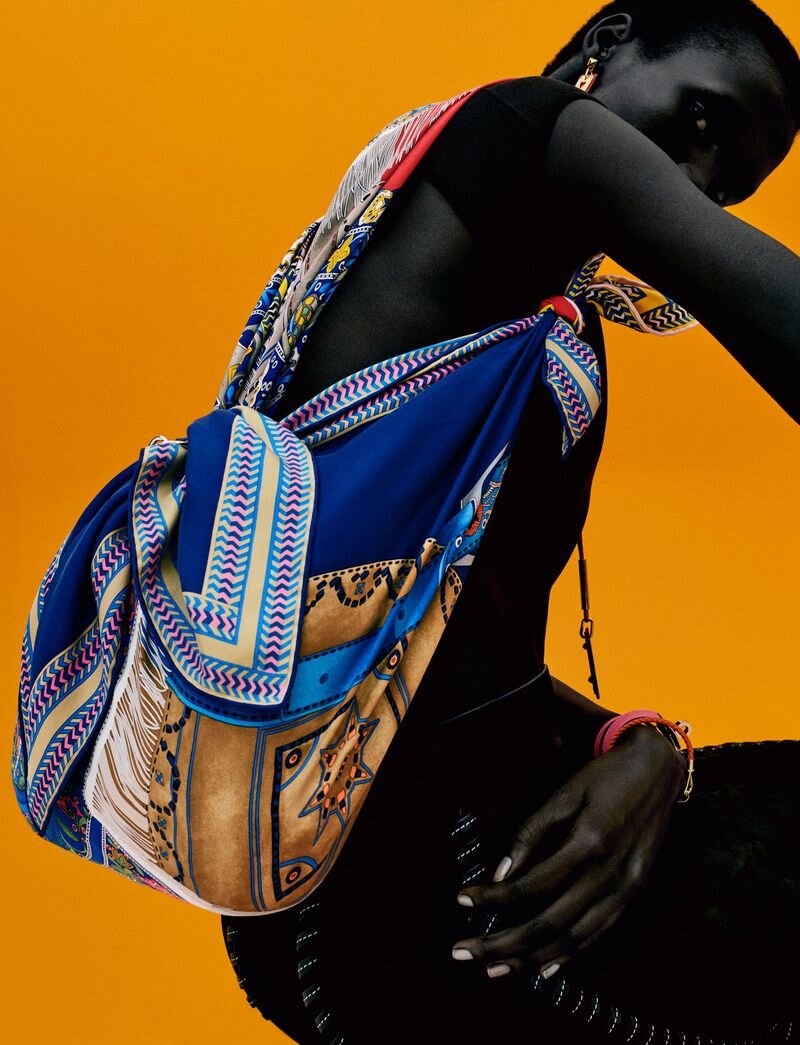Edward Enninful Covers TIME International As Most Powerful POC in Fashion World
/AOC is a long-time supporter of British Vogue EIC Edward Enninful, and we celebrate the TIME International headline: ‘This Is Not the Time for Tiptoeing.’ How British Vogue’s Edward Enninful Is Shaking p the Fashion World’.
Diana Evans conducts the interview.
“I was always othered,” Enninful says on a nostalgic walk through the streets of Ladbroke Grove, a much gentrified, still bohemian part of London, where he moved with his family from Ghana at the age of 13, “you know, gay, working-class, Black. So for me it was very important with Vogue to normalize the marginalized, because if you don’t see it, you don’t think it’s normal.”
Condé Nast did not bring on or cause the ravaging of global ad budgets due to the COVID-19 pandemic. The reality that Edward Enninful is now fashion world’s most powerful Black man, the only Black editor in history at the helm of any of the 26 Vogue magazines, is another subject entirely.
The privately-held media giant deserves every ounce of criticism directed its way from progressives of every skin color celebrating this very public moment of reckoning for Vogues and the fashion industry in its entirety.
It’s ironic that top fashion magazines and luxury brands alike apologize and profess claims like “We didn’t know . . . we didn’t understand . . . we’re sorry.” Evans uses two words that resonate to both people of color and true progressives dedicated for years to racial equality and inclusion: " years of negligence and malpractice.”
An expert in media diplomacy, Enninful is circumspect about the 25-year reign of his predecessor as EIC of British Vogue Alexandra Shulman.
During her 25 years in charge, only 12 covers out of 306 featured Black women, and she left behind an almost entirely white workforce. Now the editorial team is 25% people of color—“I needed certain lieutenants in place,” he says—and similar shufflings are being called for over at Condé Nast in New York. Enninful is reluctant to tarnish names any further, maintaining that Shulman “represented her time, I represent mine,” and declining to comment on the U.S. headquarters.
Most fashion industry insiders believe that Edward Enninful is headed to New York, assuming the mantle of Vogue US when Anna Wintour retires. The famous EIC is among the biggest apologists of the “see no evil, hear no evil” lack of poc representation within the ranks at Vogues worldwide. Her mea culpas ripple further into the entire Condé Nast organization from Vanity Fair to Bon Appetit.
If the top echelon of fashion professionals from media and especially luxury brands are shocked to see outrage leveled against their own organizations, one wonders exactly what rock of isolation they’ve been living under all these years. To put it mildly, they are truly living behind the wall of white privilege — literally using it as an excuse for overt racism inspired by so-called innocent ignorance and lack of awareness.
Left: A Polaroid of Enninful in the 1990s from his personal collection. Courtesy Edward Enninful; Right: British Vogue editor in chief Enninful in Ladbroke Grove, London, on Aug. 31.Image by Campbell Eddy.
In the rise of Edward Enninful, those days are over — finally. He speaks to a concept that resonates deeply in our current world in America. Trump’s white nationalism is knocking at the door of our entire political system, while global-warming fires and record-setting heat ravage lands west of the Mississippi. COVID-19 ravages America with long-term effects unknown and the US economy in shambles.
America has dropped to No. 28 in the Social Progress Index, which began measuring the quality of life across the globe in 2011. “It looks at 50 well-being metrics — such as access to health care, education, nutrition, safety, the environment and freedom — to measure quality of life. And America has fallen from 19th place in 2011 to 28th place this year, despite the country’s overall wealth, cultural impact and military power compared with the rest of the planet.”
Enninful embraces a concept he calls “relatable luxury” It’s easy to go to price as the first determinant in the discussion of “relatable luxury”. In fact, a cultural creative mindset — inclusive imagery that imagines and celebrates racial interaction — IS a luxury in any system that doesn’t visually portray it.
Activism — best exemplified by America’s sports heroes demanding change — are redefining “luxury’. Embracing “sustainability as an action, a consumer purchase choice becomes a “luxury”. The very act of buying less — not more — is luxurious.
“Fashion is altruism, as much as story and craft, as much as the will to capture beauty. For Enninful, there is no limitation to the radicalism possible through his line of work,” writes Evans. “I still feel like I’m at the beginning,” he says with palpable optimism. “I feel the fire of something new.”


